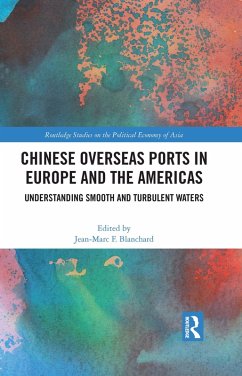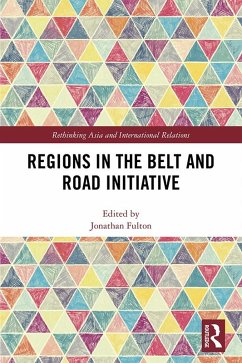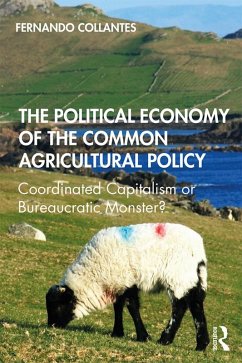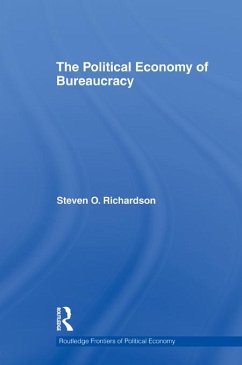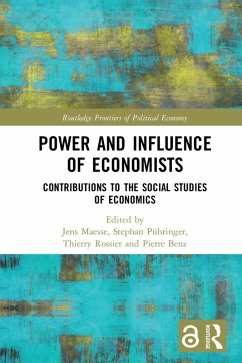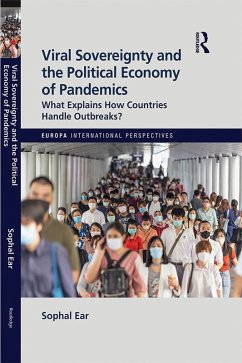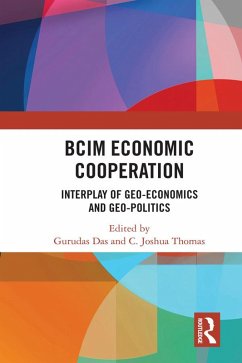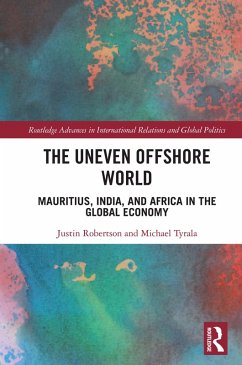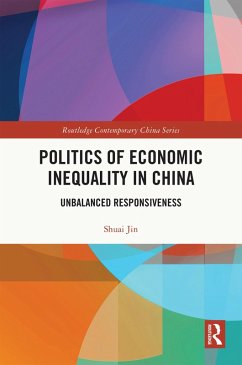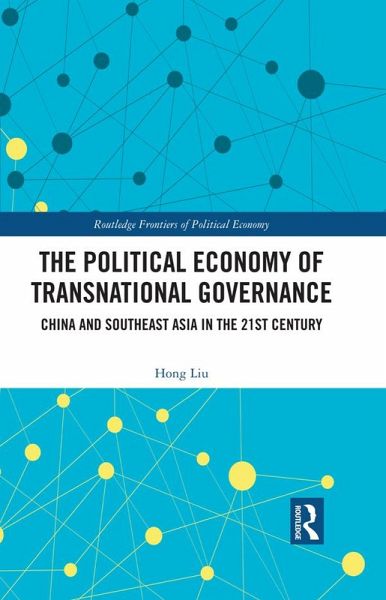
The Political Economy of Transnational Governance (eBook, ePUB)
China and Southeast Asia in the 21st Century
Versandkostenfrei!
Sofort per Download lieferbar
0,00 €
inkl. MwSt.
Weitere Ausgaben:

PAYBACK Punkte
0 °P sammeln!
The past two decades have witnessed far-reaching socioeconomic and political changes in Asia, such as the growing intraregional flows of capital, goods, people, and knowledge, the rise of China as the world's second largest economy, and its increasing influence in Southeast Asia, intensified US-China confrontations in the global arena, and the onslaught of the global Covid-19 pandemic. Focusing on multidimensional interactions (including geopolitical and economic relationships, diaspora engagement, and knowledge exchange) between China and Southeast Asia, this book argues that an interwoven pe...
The past two decades have witnessed far-reaching socioeconomic and political changes in Asia, such as the growing intraregional flows of capital, goods, people, and knowledge, the rise of China as the world's second largest economy, and its increasing influence in Southeast Asia, intensified US-China confrontations in the global arena, and the onslaught of the global Covid-19 pandemic. Focusing on multidimensional interactions (including geopolitical and economic relationships, diaspora engagement, and knowledge exchange) between China and Southeast Asia, this book argues that an interwoven perspective of the political economy, transnational governance, and regional networks serves as an effective analytical framework for deciphering these transformations as well as their global and theoretical implications.
Drawing upon a wide range of primary data and engaging with the latest interdisciplinary scholarship on contemporary Asia, this book's thought-provoking and nuanced analyses will appeal to scholars and students in Chinese and Southeast Asian studies, international political economy, international relationships, ethnic and migration studies, and public governance.
"The Open Access version of this book, available at http://www.taylorfrancis.com, has been made available under a Creative Commons Attribution-Non Commercial-No Derivatives 4.0 license."
Drawing upon a wide range of primary data and engaging with the latest interdisciplinary scholarship on contemporary Asia, this book's thought-provoking and nuanced analyses will appeal to scholars and students in Chinese and Southeast Asian studies, international political economy, international relationships, ethnic and migration studies, and public governance.
"The Open Access version of this book, available at http://www.taylorfrancis.com, has been made available under a Creative Commons Attribution-Non Commercial-No Derivatives 4.0 license."
Dieser Download kann aus rechtlichen Gründen nur mit Rechnungsadresse in A, B, BG, CY, CZ, D, DK, EW, E, FIN, F, GR, HR, H, IRL, I, LT, L, LR, M, NL, PL, P, R, S, SLO, SK ausgeliefert werden.





